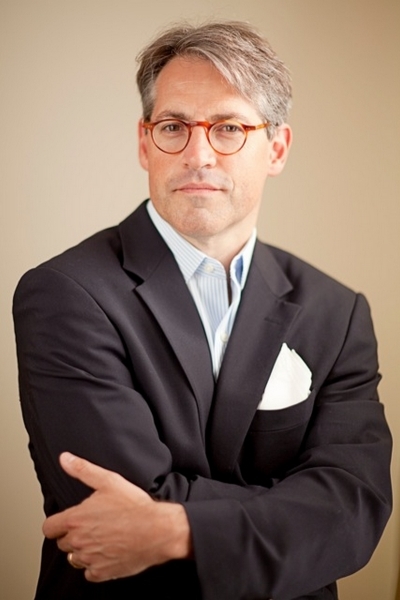Breaking Down Barriers for Those Returning From Prison

You're listening to BreakPoint thanks to a few Christians who once gave an ex-prisoner a second chance.
Some 2.3 million Americans are behind bars. That's more than any other nation in the world, in absolute terms and as a percentage of the population. The U.S., which has five percent of the world's population, contains nearly 25 percent of the world's prisoners. By some estimates, the number of Americans "under penal supervision . . . even rivals the number of Russians in the gulag under Stalin."
What's more, the explosion in prison populations continued even after crime rates took a nose-dive starting twenty years ago.
Making matters worse, the punishment doesn't end when people leave prison. For many, their so-called "debt to society" can never be paid in full. By some estimates, there are 48,000 laws adversely affecting people with a criminal record. Many of them are applied automatically without consideration of "public safety, the seriousness of the offense, the time passed since the offense, or the individual's efforts to make amends or earn back the public's trust."
This scarlet "O" for "offender" includes "an inability to regain voting rights, volunteer in the community, and secure housing, admission to institutions of higher education, and employment."
That's why Prison Fellowship and a coalition of more than 60 Christian and secular organizations have declared April 2017 to be "Second Chance Month." The goal is "to remove unnecessary legal and societal barriers that prevent individuals with a criminal record from becoming productive members of society."
Lawmakers are also taking up the cause. U.S. Senator Portman of Ohio has and co-sponsors from both sides of the aisle have introduced a resolution declaring April as Second Chance Month.
If there ever was an effort that deserved the support of Christians everywhere, it is "Second Chance Month." If you're hearing my voice, it's because Christians, many of whom had been his political enemies, gave Chuck Colson a second chance. They believed in God's power to transform the human heart. And that, for Christians, forgiveness and mercy are not optional.
Chuck, in turn, freely gave what he had freely been given. The most visible sign of this was, of course, Prison Fellowship. But he also devoted much of his life to trying to make life better for men and women once they got out of prison.
Chuck believed in the government's God-ordained role of preserving order and promoting public safety. But he never confused that with the punitive impulse that has dominated our criminal justice system. He knew the difference between being tough on crime in a smart way and piling on excessive penalties to score political points. Better than anyone, Chuck knew the odds against prisoners once they were released. He knew that the key to beating the odds was the combination of spiritual transformation and a supportive community, including familial reconciliation.
He would have regarded the kind of measures that made it harder for people with criminal records to pursue higher education and find gainful employment, and negatively affected the well-being of their children and families," as well, frankly, stupid.
While we're already half-way through Second Chance Month, it's never too late to educate yourself, your church, and friends on the obstacles former prisoners face when returning to society. Come to BreakPoint.org, and we'll link you to resources to promote Second Chance Month, including a toolkit for churches interested in hosting a Second Chance Sunday and graphics and hashtags you can use on your own social media platforms. We will also have information on how your church can support successful re-entry, and of course, get involved in the amazing in-prison ministry of Prison Fellowship. Again, that's at BreakPoint.org.
Originally posted at Breakpoint.



























